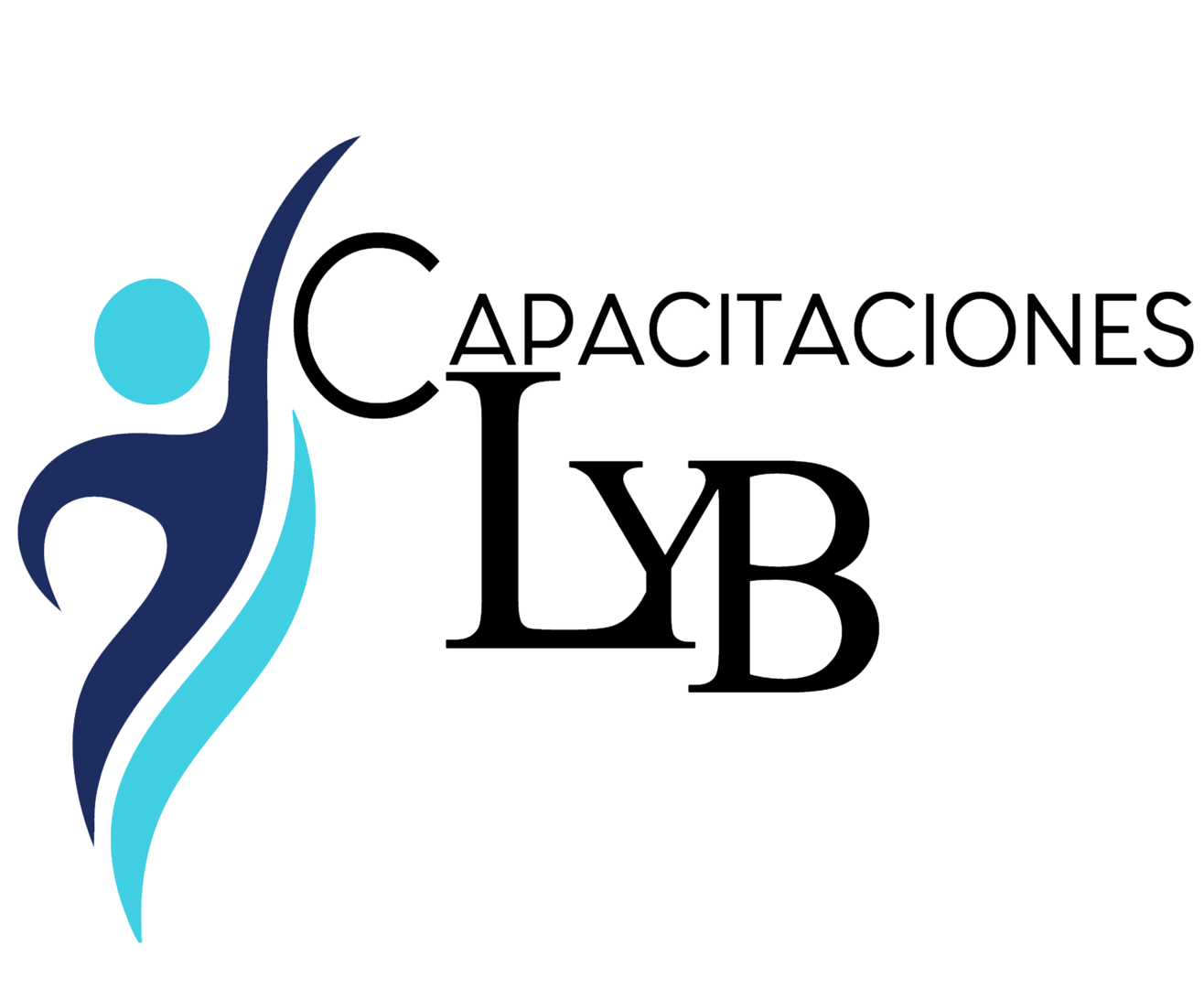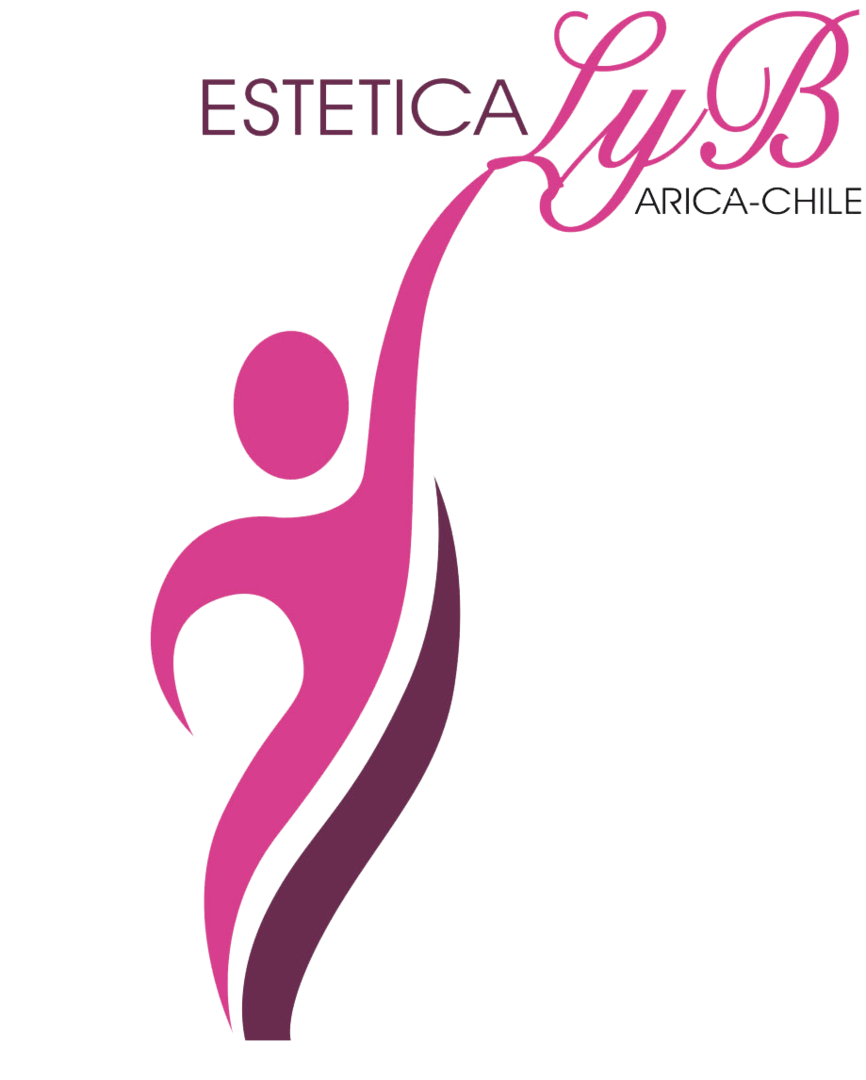Connecting with empathetic individuals through group therapy can alleviate feelings of isolation often linked with shame. Celebrating small victories in recovery reinforces a positive outlook and nurtures self-worth. On the other hand, shame is a deeper emotional experience that reflects how individuals perceive themselves. One of the most common factors of their guilty feelings is knowing the pain and destruction that their family experienced during the time the individual was active in their drug or alcohol abuse. The individuals would often discuss how their family would separate themselves from the individual in addiction and wanted nothing to do with them.
Why Shame & Guilt are Dangerous in Addiction Recovery
You can’t travel back in time and undo the past, but you can make a fresh start, and live a positive and meaningful life. Beat back the shame and guilt by making a sincere effort to fix the mistakes you’ve made, and undoing some of the damage. Accepting the consequences of your actions may take time, but it is vital to healing.
Relapse happens gradually through distinct stages before physical relapse. Learning these stages helps you spot and fix problems early. You might not think about using, but your behaviors set the stage for future challenges. Studies show that 40-60% of people in recovery experience relapse. You need a complete monitoring system that looks at emotional growth and spots warning signs early.
How to use technology and apps to support sobriety
Self-compassion requires us to consciously acknowledge and accept the pain caused by our previous wounds. At Recovery Unplugged, we will help you manage your experience of shame and guilt in a compassionate way. Come join our treatment program, and immerse yourself into a community of people who are charting a path out of addiction. Start by acknowledging that feelings of shame and guilt are natural responses but don’t define your worth.
Drug And Alcohol Detox: The First Step To Sobriety
Early therapy and counseling substantially improve your chances of staying in recovery. Unveiling the mortality rate of alcoholism and its impact on health. Discover the importance of seeking professional help for alcohol detox. Discover the powerful connection between sleep and addiction recovery.
- These supportive networks encourage individuals to focus on personal growth and healing, reinforcing their sense of self-worth and empowerment.
- It may not make things right or just, but it means you are willing to let mistakes that happen, happen and you don’t want to feel responsible for the things you can’t control.
- While guilt can push you to make positive changes, it can also weigh you down if you don’t deal with it.
- These emotions will naturally emerge as you progress through therapy, exploring the behaviors you may now regret.
- These feelings are not just side effects; they often become central to the struggle.
- Individuals grappling with addiction frequently experience guilt for a variety of reasons.
Forgiving yourself means being willing to accept your mistakes and work on moving past them, so you can get on with your life. Self-forgiveness may sound simple and straightforward in theory — but it’s often difficult to do. In fact, you might find it harder to forgive yourself than to forgive others who have wronged you.
Assessing Your Emotional Patterns
The value of this is about standing tall, owning our mistakes, and committing to being better in the future. When we do that, we know that we’ve cleaned our side of the street. But the act of humbly asking for forgiveness helps us to release feelings of shame, guilt and regret.
- Shame can be particularly complicated in recovery because it can shake your belief in your ability to change and grow.
- And 90% of the time now what’s replaced shame is self-forgiveness or self-compassion.
- Acknowledging that everyone makes mistakes is vital for emotional healing.
- Understanding the distinction between guilt and shame is essential for those on the path to recovery from addiction.
- Beat back the shame and guilt by making a sincere effort to fix the mistakes you’ve made, and undoing some of the damage.
- While guilt is about actions, shame can reflect a person’s view of themselves.
This can hit your self-worth hard and leave you feeling isolated and unworthy. Research from PubMed Central shows that people dealing with substance use disorders (SUDs) often feel these emotions more intensely than those without SUDs. These emotions can weigh you down, making it harder to move forward and even pulling you back toward old habits. By employing these strategies, individuals can create a healthier emotional environment conducive to recovery. Daily self-monitoring helps you track how you react to triggers.
These approaches focus on improving relationship quality, enhancing communication skills, and providing positive reinforcement to support recovery in individuals with SUDs. By strengthening relationships and communication within the family unit, the risk of substance use relapse can be significantly reduced. Self-forgiveness is a powerful tool for overcoming debilitating shame, especially for individuals who have experienced trauma or abuse.
Understanding Bipolar Disorder and Addiction
Given the intricate nature of addiction recovery, dealing with shame, guilt, and similar emotions like sadness and regret can be a major part of the process. These feelings are not just side effects; they often become central to the struggle. This distinction is vital to overcoming shame and guilt during recovery from addiction. These emotions can influence how individuals perceive themselves throughout their journey toward sobriety.
And people do and it’s an amazing thing that people still find a way to grab a hold of recovery and sustain it successfully. And this would follow from Stephen Porges, his research on the gut brain, you think about shame, what is shame? Shame is if I step on your foot, you’re going to reject me. And if you think about this, evolutionarily, I need you, we need each other, we survive longer if we stay connected. And if I’ve done something that jeopardizes that, you can’t think of a much deeper unsafety than that, why wouldn’t my stomach hurt.
Many individuals in recovery also experience guilt and shame related to the impact of their behavior on their loved ones. Mistakes are a natural part of life, and it’s normal to experience guilt when you have or feel that you have done something wrong. In fact, guilt can be a constructive emotion because it helps you learn and grow in your personal life. If you hurt someone and feel guilty about it, you won’t want to do it again. Behavioral Couples and https://yourhealthmagazine.net/article/addiction/sober-houses-rules-that-you-should-follow/ Family Counseling methods, such as Behavioral Couples Therapy (BCT), are integral components of SUD treatment.
And what Dr. McCauley says is that addiction is sober house a disease of choice. And we can talk more about this in terms of what that means in terms of brain and body because it’s very important to understand that even at a basic level. And there’s a lot of nervous fibers centralized in the abdomen.



